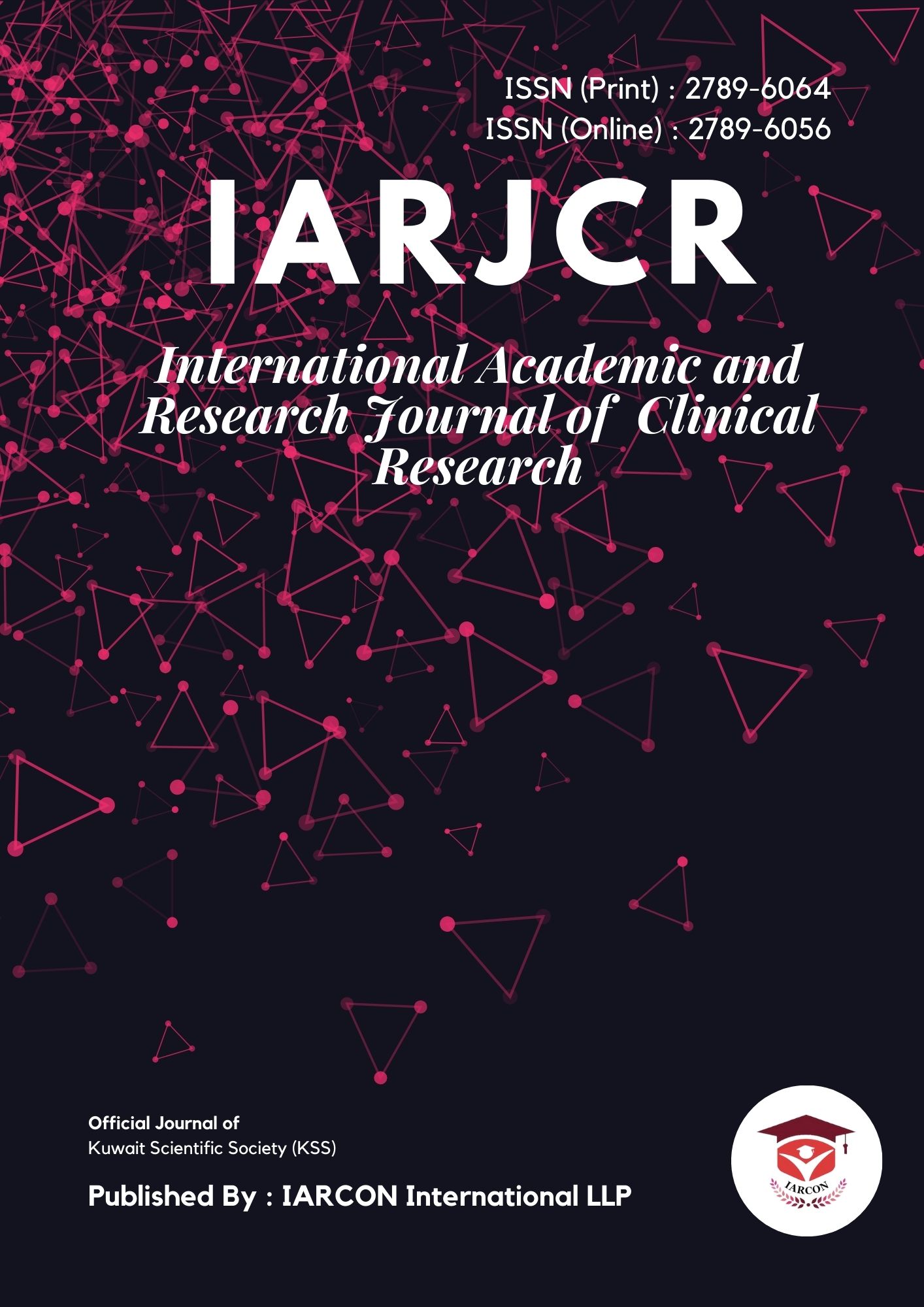Mechanism of Fluoroquinolones Resistance in Acinetobacter baumannii : A Molecular Insight
Acinetobacter baumannii is an invasive bacterium that is becoming more and more linked to dangerous infections in hospitalized patients, particularly those who are dependent on life support. A. baumannii has developed resistance to practically every antibacterial agent on the market today, including carbapenems, which were formerly thought to be the best medication for treating infections caused by multidrug-resistant (MDR) organisms. Hospitalized individuals are notoriously vulnerable to A. baumannii, which has been known to generate epidemics that have been documented globally. Both the production of antibiotic resistance and virulence characteristics that permit bacterial colonization appear to be necessary for these strains to be able to spread broadly. A. baumannii's ability to produce biofilms seems to be a key element in colonization, particularly of medical equipment. The aim of this article was made for study Fluoroquinolones Resistance in Acinetobacter baumannii As Molecular level and another mechanism for drugs resistance .

